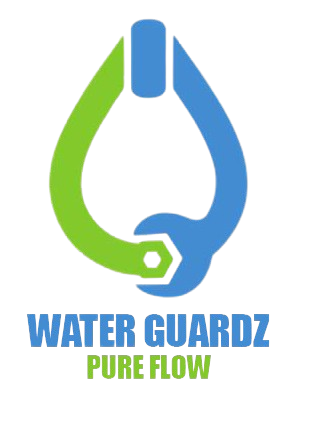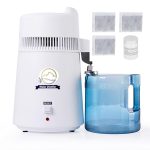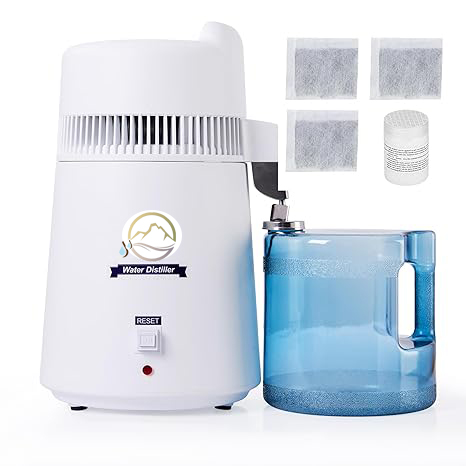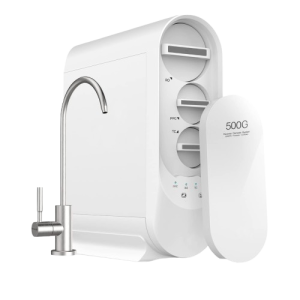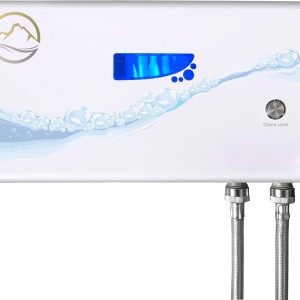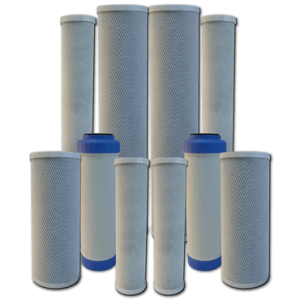Description
-
Water distillers are purification devices that remove contaminants by heating water to create steam, then condensing it back into liquid form, leaving impurities behind.
-
How It Works: The process involves boiling water, collecting the steam, and cooling it to produce pure distilled water, free from dissolved solids, heavy metals, and most bacteria.
-
Contaminant Removal: Distillation effectively removes lead, arsenic, nitrates, fluoride, bacteria, viruses, and other harmful substances, ensuring high water purity.
-
Chemical-Free Purification: Unlike filtration methods that rely on chemicals or membranes, distillers use only heat to purify water, making them a natural purification option.
-
Water Purity Level: Distilled water is among the purest forms of water, with nearly all dissolved solids, minerals, and biological contaminants eliminated.
-
Types of Water Distillers: Common types include countertop distillers for residential use, automatic distillers for continuous operation, and large-scale industrial distillers.
-
Boiling Chamber: The boiling chamber heats water to 100°C (212°F), killing microorganisms and separating volatile compounds.
-
Condensation Coil: Steam travels through a cooling coil, where it condenses back into pure water, leaving contaminants in the boiling chamber.
-
Carbon Post-Filter: Some distillers include a carbon filter to remove any remaining volatile organic compounds (VOCs) that may carry over with the steam.
-
Applications: Water distillers are used in homes, laboratories, medical facilities, and industries requiring ultra-pure water.
-
Residential Use: Many homeowners use countertop distillers to produce clean drinking water, especially in areas with poor water quality.
-
Industrial and Medical Use: Hospitals, pharmaceutical companies, and chemical industries rely on distillation for producing purified water for critical applications.
-
Taste of Distilled Water: Since distillation removes minerals, distilled water may taste flat or bland compared to mineralized water.
-
Energy Consumption: Distillation requires electricity and can be energy-intensive compared to other purification methods.
-
Maintenance Requirements: Regular cleaning of the boiling chamber is necessary to prevent scale buildup from leftover contaminants.
-
Cost Considerations: While distillers have a higher initial cost and electricity usage, they provide reliable long-term water purification.
-
Environmental Impact: Distillation produces no harmful chemical waste, but energy consumption may be a factor in sustainability considerations.
-
Future Innovations: Advances in energy-efficient distillation methods, such as solar-powered systems, are improving sustainability.
-
Conclusion: Water distillers offer one of the most effective purification methods, producing ultra-clean water suitable for drinking, medical, and industrial applications.
